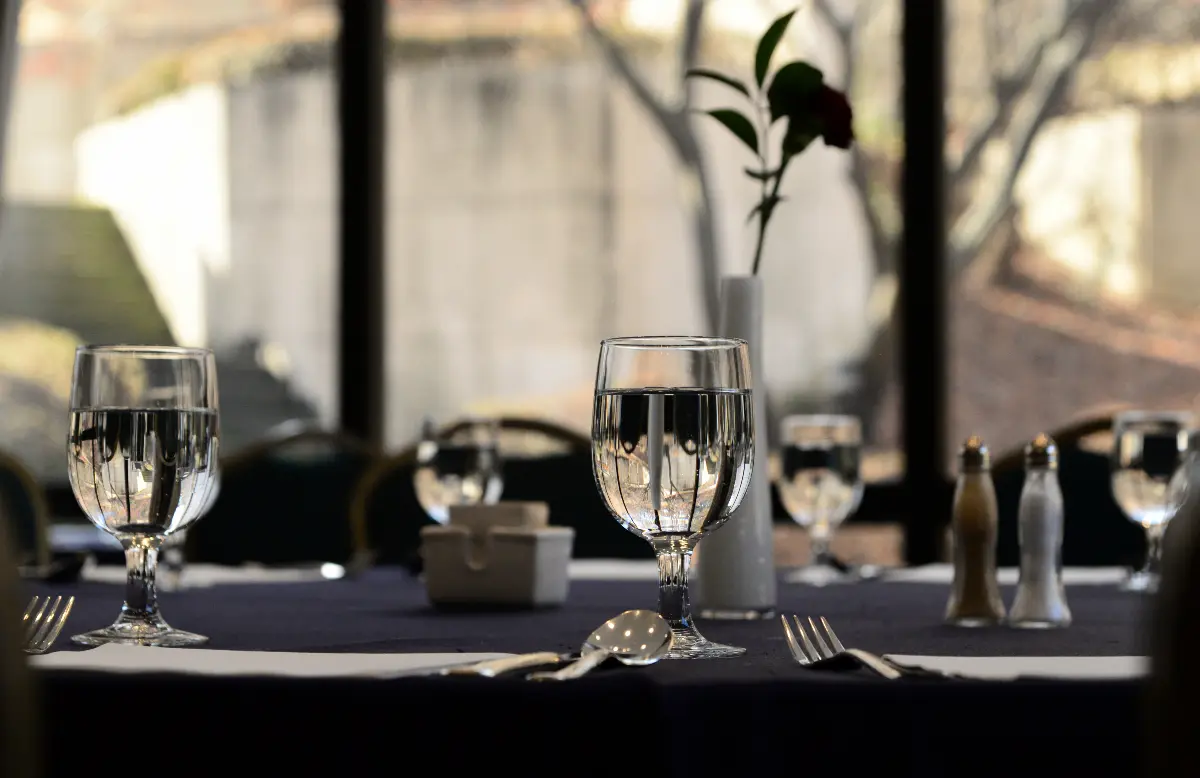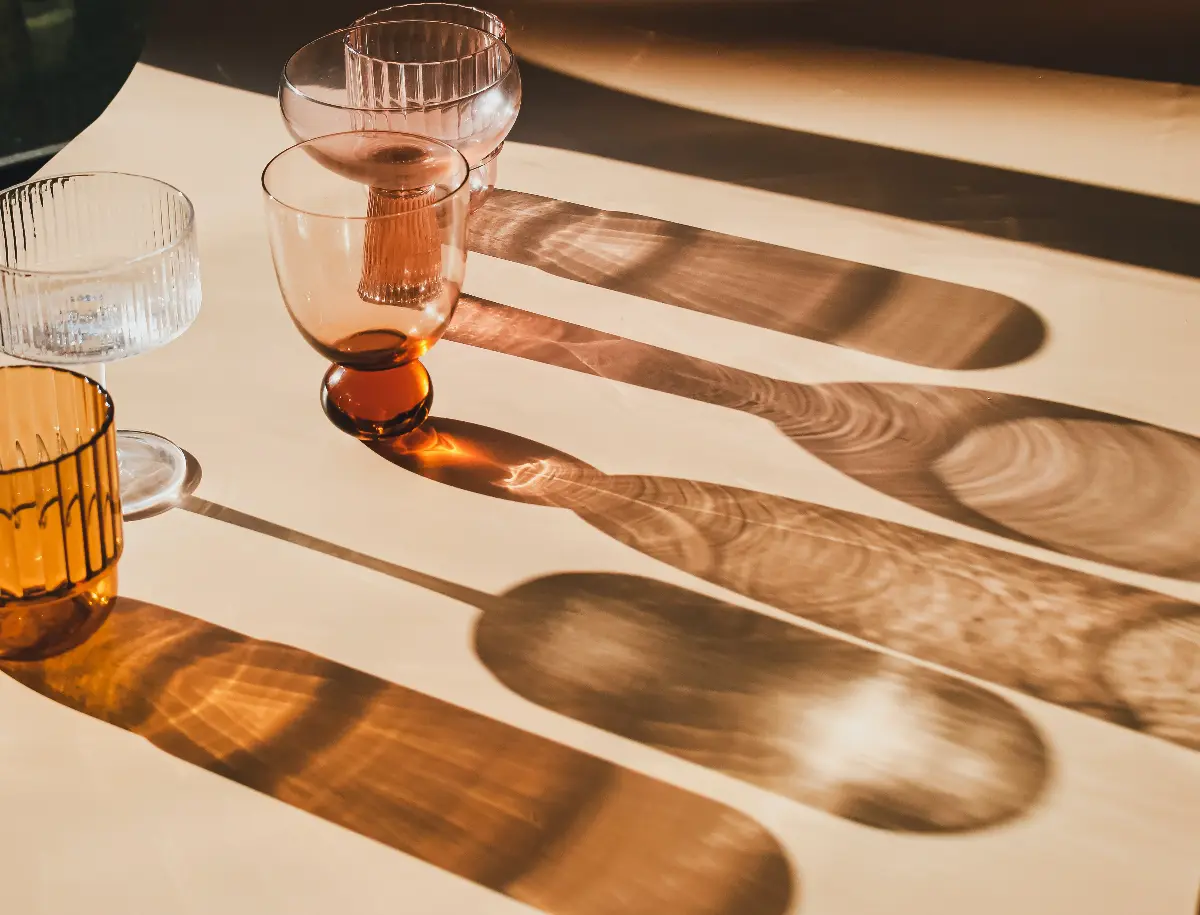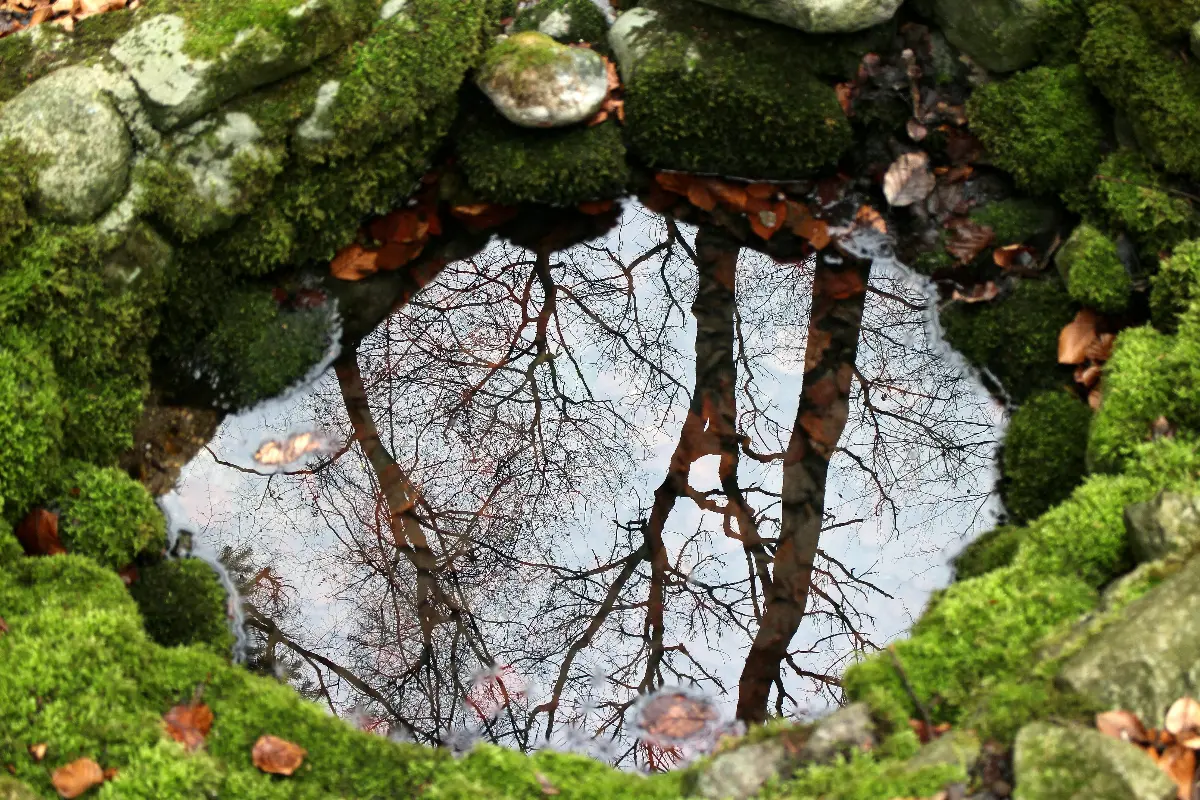
Helyszín címkék:
An undervalued national treasure that even makes the food taste better!
Szabó Sára
Water is an integral part of our lives in all areas, and its presence is completely natural to us – so it doesn’t get much attention. But we do need to address water in a meaningful way. As a very broad spectrum, mineral water contains a very wide variety of waters. Norbert Varga, sommelier, says that in a restaurant approach, balance is the key – it’s a basic principle. Thus, the primary role of water is to maintain a sense of balance during the courses;
Think of the effects of intensely flavoured, spicy, salty foods, coffee and alcohol on the human body’s water balance. In fact, you should start every meal with water.
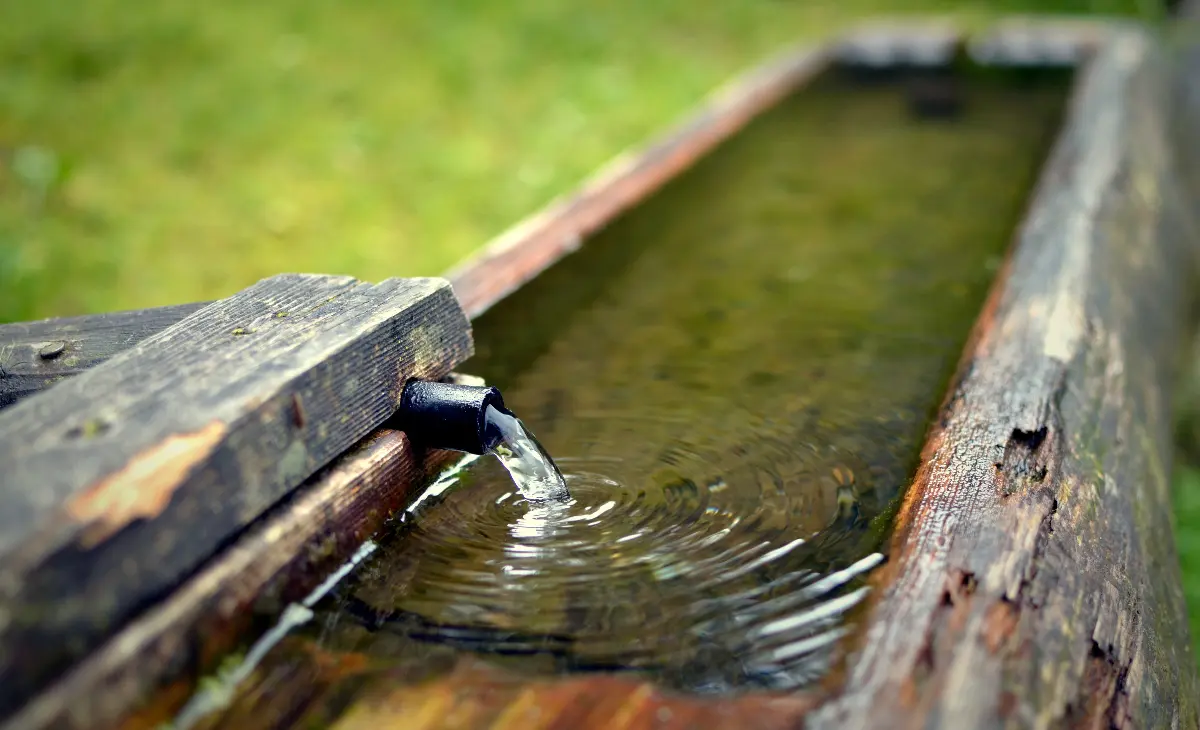
There is a sea of difference between water and water
The true taste, character and distinctiveness of water lies in its minerals (among other things). Its mineral composition not only determines its flavour, but also influences the flavour dominance of the food and drink it is consumed with. Drinking water treated properly – with physical filtration, ultrasound – will have a great soft, good-to-drink profile, making it almost neutral. Mineral waters, on the other hand, especially those with a high mineral content, have a symbiotic relationship with the contents of the plate and the other glass on a different level.
Hungary, because of its geographical location, is a real powerhouse when it comes to natural mineral waters: our domestic waters are typically good-to-drink, round-tasting batches, much more like an assistant on the white table.
In addition, we are also in a fortunate position in terms of tap water, as we have abundant water resources and karst water flows from the tap in several areas. This is also good because the karst water is of high quality, with high levels of both calcium and magnesium. “This is a great thing, both from an economic point of view and from the point of view of their composition. However, water quality control is crucial for karst waters, as they are more vulnerable to surface pollution,” he adds.
Of the 3000 or so mineral waters registered worldwide, a significant proportion are Hungarian; in Hungary, nearly 100 wells boast mineral water certification.
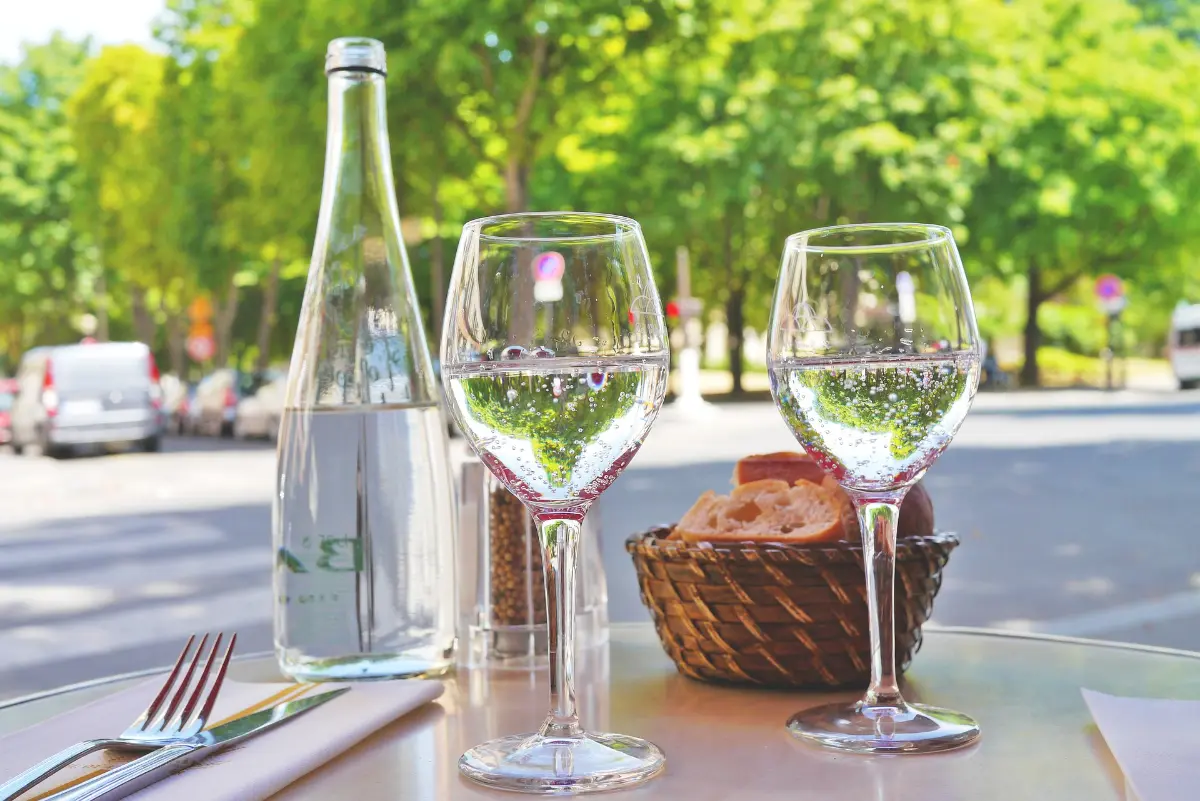
As Norbert Varga says, there are of course “more distinctive” waters, as they contain a higher than average amount of a certain element, thus giving the flavour profile more character. Some natural waters can contain more than 1,000 mg of minerals per litre, but there are also waters bottled in the Alps that contain up to 1,700 or 2,000 mg of minerals. Glacial water, for example, is history in a bottle, as is water from icebergs – it can be around 10 mg, but it has a ‘flavour’ of its own.
Although mineral content is a major determinant of the taste of natural waters, it is not practical to supplement mineral intake by drinking water alone – as the recommended daily intake may require up to 10 litres of water or more. So naturally, the solid food we eat constitutes our primary source of minerals. The neutral taste of the purified treated water gives the “I’ll have another glass” effect. So it is an obvious favourite – and a welcome one, given the environmental impact.
Let's taste it, even directly from the source!
The excellent, domestic mineral water can be tasted in many places in the country – not only from a bottle, but also directly from the source. For example, the Salvus water in Bükkszék is famous for its healing properties and is excellent for digestive problems, and can also be tasted from the local drinking fountain. The special, slightly egg-like aroma of the sulphurous mineral water in Parád may be unusual at first, but its beneficial effects are unquestionable. The Balfi medicinal water near Sopron is also known for its alkalising and kidney-supporting properties. In Harkány and Hévíz, in addition to the thermal baths, there is also the opportunity to go on a drinking cure: the Harkány water can be a cure for rheumatic complaints, while the Hévíz spring water can be a cure for metabolic disorders. Finally, let's not forget about Kékkút at the Szent István spring in Miskolctapolca, where the famous Theodora mineral water originates, which can be tasted on site. It is refreshing, slightly carbonated, and excellent for daily hydration.
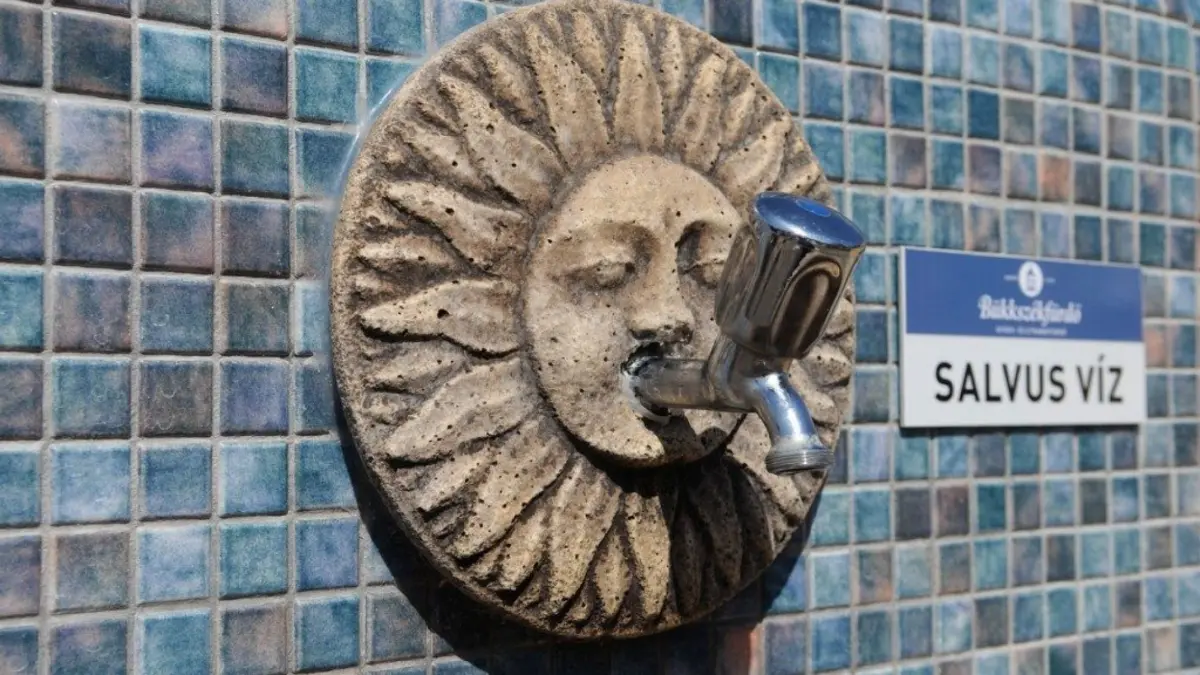
Water is life, therefore it is one of our greatest treasures – take care of it, protect it, consume it consciously!
According to Norbert Varga, the Hungarian guest is also becoming more and more of a water drinker – the conscious consumption of water in restaurants is a clear trend. “I should note here that the headache known as hangover is not the effect of sulphur dioxide, but rather the dehydration of the human body caused by the unilateral consumption of alcoholic beverages without drinking water” – adds the sommelier.

